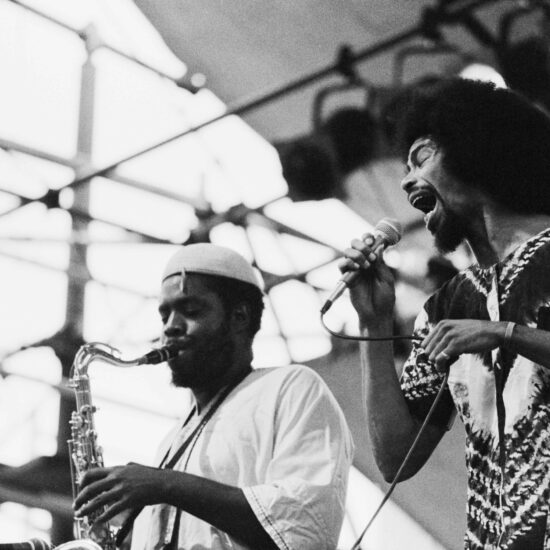
Gil Scott-Heron: “Closer to Langston Hughes than Huey Newton”
The influence of writer and musician Gil Scott-Heron is widely felt. However, assessing his legacy involves figuring out just what kind of artist he was.

The influence of writer and musician Gil Scott-Heron is widely felt. However, assessing his legacy involves figuring out just what kind of artist he was.
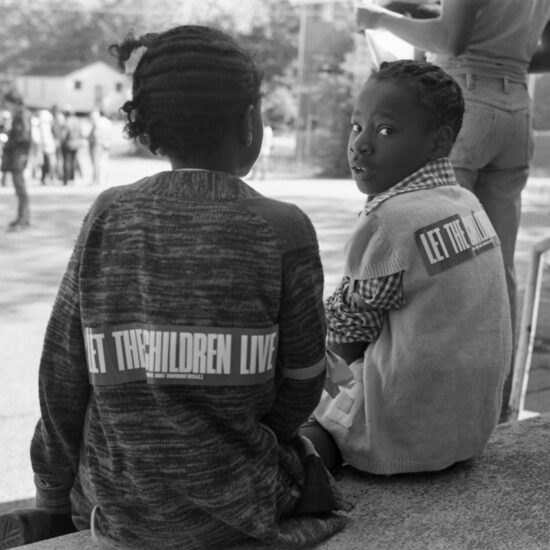
In his last and least known book, James Baldwin demonstrates how the Atlanta Child Murders were not an aberration but rather evidence of the failures of integration, the growing divide between the Black poor and the middle classes, and the need to claim the dead as our own.
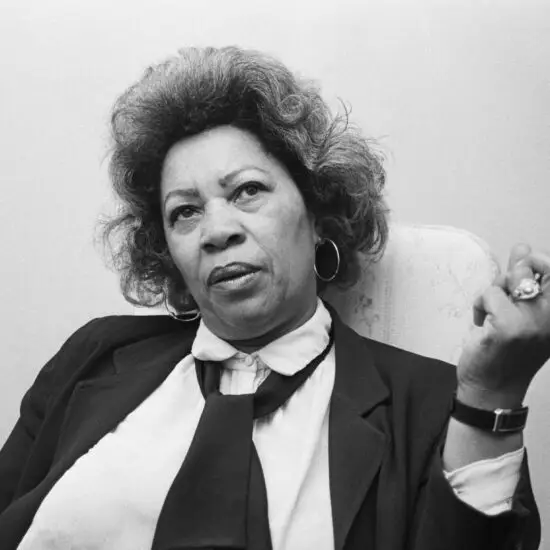
Toni Morrison’s Beloved
receives acclaim and suppression in equal measure, proving that unapologetically centering Blackness in literature is still controversial in the United States.
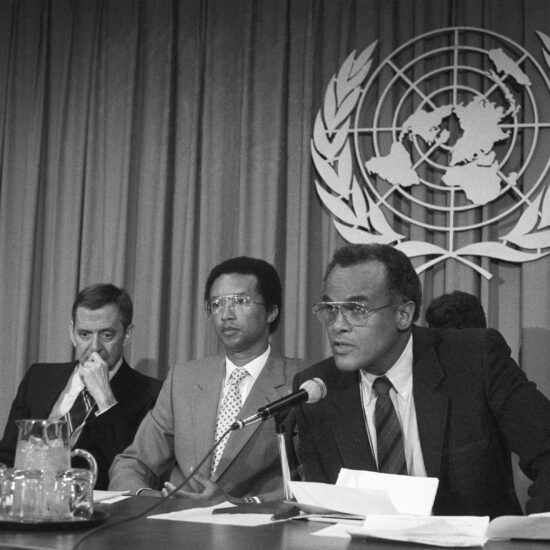
African Americans were closely involved in the fight against South African apartheid, with cultural icons, legislators, civil rights activists, and athletes all playing their part to call attention to the issue and to ultimately pass sanctions against South Africa.
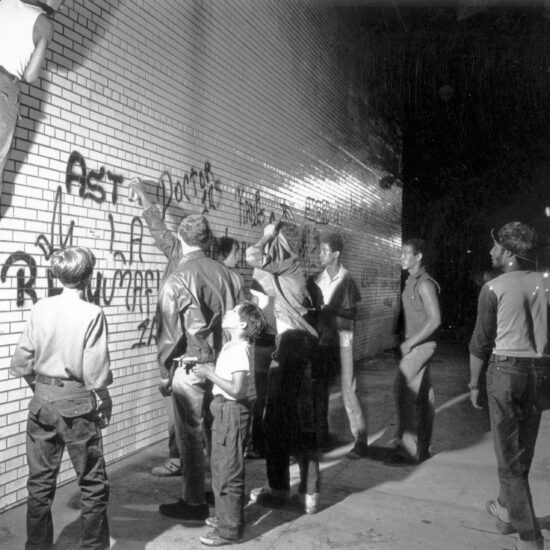
“Coming to a Wall Near You!” From the 1960s to 1980s, Black teenagers in Philadelphia convinced the world that graffiti wasn’t vandalism, but public art rooted in protest and self-expression.
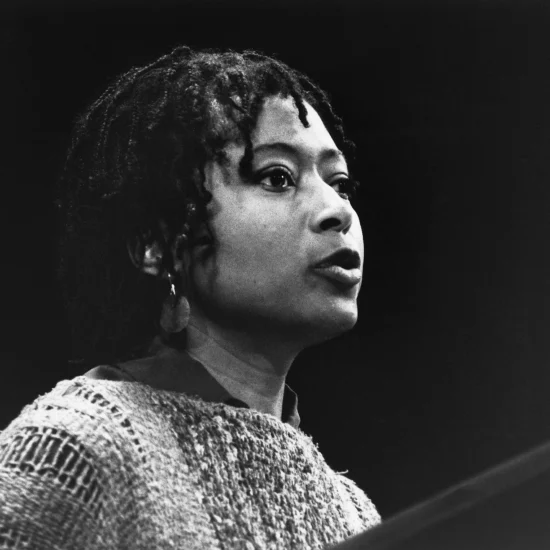
Alice Walker’s act of generosity in writing The Color Purple forever revolutionized Black women’s literature.
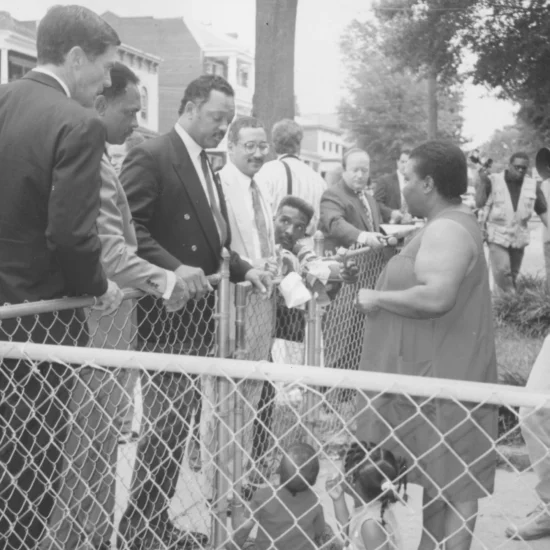
Jesse Jackson and the radicalism of 1980s Black presidential politics
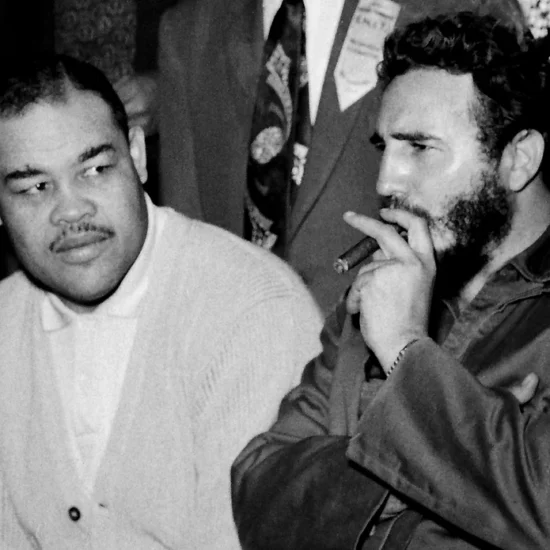
Fidel Castro, Joe Louis, Angela Davis, and Jesse Jackson navigate the complicated relationship between Black America and Communist Cuba.